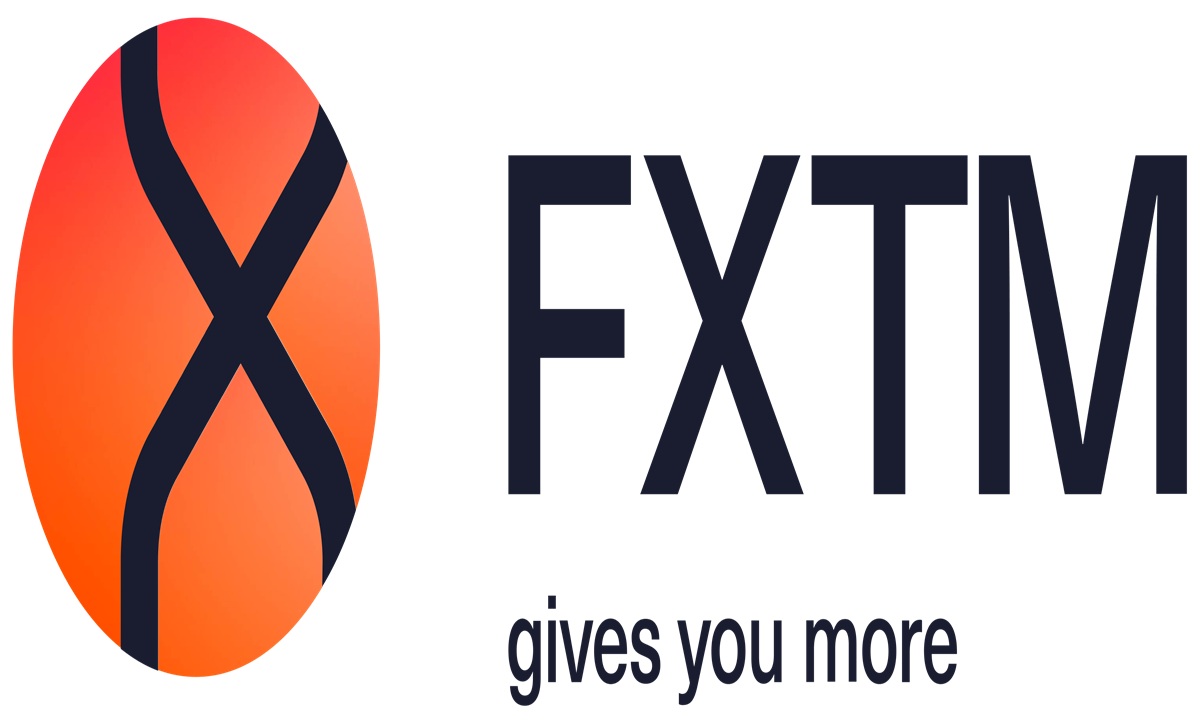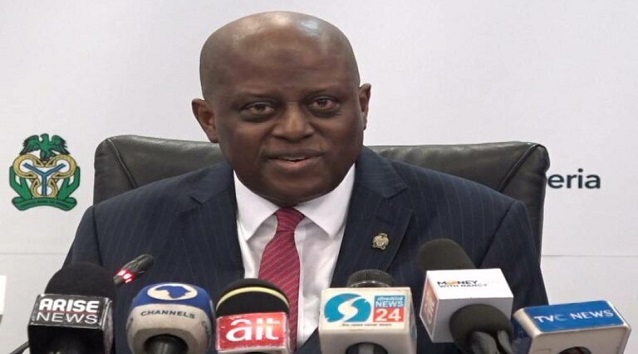E-Financial
SEC Moves to Protect Investors from High Charges

The Securities and Exchange Commission, SEC yesterday, disclosed that it is taking steps to reduce transaction costs in the Nigerian capital market, to shield investors from high charges.
In a statement in Abuja, Ms. Mary Uduk, acting Director-General of SEC, who was speaking during a meeting with the Association of Corporate Trustees, stated that its decision to bring down the capital market charges was in a bid to ensure that investors do not bear unnecessary costs.
Uduk, who was represented by Acting Executive Commissioner, Operations of SEC, Mr. Isyaku Tilde, also reiterated the determination of the commission to ensure that the investors in the Nigerian capital market are adequately protected in all transactions.
She explained that the responsibility of the SEC was to ensure that investors are not shortchanged in any transactions in the market and therefore urged them to participate in the market to grow it. She said,
“We are doing a lot to boost investors’ confidence in our market. But I want to say that both local and foreign investors are very good for the market. For instance, the foreign investors, because they trade their shares all of the time it leads to price discovery as against the local investors that just takes a long term view on their investments.
“Investors’ fears can be of two folds, firstly they could be afraid because they feel that capital market operators will mismanage their investments, secondly is looking at the volatility of the market that makes investors skeptical.
“For the first scenario, we have a number of initiatives that we have put in place to boost investors’ confidence. We have the E-Dividend mandate system, the Direct Cash Settlement as well as multiple subscriptions in place. For the second category, investors have to take ownership of their investments. They have to be able to monitor their investments, attend Annual General Meetings as well as read the annual reports sent out to them.”
Uduk further stated that investors are also protected through the National Investors Protection Fund, NIPF, Risk Based supervision that enables the SEC to supervise the operators to ensure that they do not do what they are not supposed to do.
According to her, the complaints management framework enables investors to know where to complain to and how long it takes for such complaints to be resolved, adding that for those investors that are averse to risk, they should get their financial advisers to advise them properly on where to invest.
“We also advise retail investors to invest in Collective Investment Schemes and Mutual Funds because those are managed independently by professionals and they are diversified thereby reducing risks. We are committed to protecting investors in the work we do.
“We will keep working on our rules and the possibility of amending them when the need arises, we want more transparency in the market so that investors will feel comfortable and the market can be better.” Uduk added.
In her remarks, President of the Association of Corporate Trustees, Mrs. Tokunboh Ajayi said members of the association are committed to attracting investors to the market without encumbering them with costs and commended the SEC on its efforts in transaction costs reduction.
“This market is dynamic and that is why as a group we keep on evolving and devising ways to make the market better. We will continue to render our best and ensure our members operate within the confines of the rules and regulations in the market” she stated.
E-Financial
Kuda Bank Teams Up with Lovers & Frnds for Inclusive Valentine’s R&B Bash

Kuda Microfinance Bank partnered with Lovers & Frnds for a Valentine’s edition event on Sunday, February 15, at Space Hub Lekki, Lagos, redefining celebrations around love, friendship, and social connections beyond romance.

Kuda Bank
The R&B-themed gathering drew couples, friend groups, and solo attendees with music sets from DJs like TGarbs, games, gift exchanges, and colour-coded tags—red for relationships, yellow for mingling singles, orange for non-minglers—to spark easy interactions.
Kuda activated a branded photo booth, merchandise giveaways, prize activities, and complimentary drinks for Premium loyalty tier customers, while vendors used Kuda Business POS terminals for seamless cashless payments.
Senior Brand Manager Emmanuel Femi-Adejobi said: “We partner with experiences matching our customers’ lifestyles in music and entertainment, creating spaces they genuinely connect with—we’ll keep supporting how they live and celebrate.”
E-Financial
CBN Slashes Rate by 50bps

By Mathew Anthony, Market Analyst at FXTM
In another positive development for Nigeria, the CBN has proceeded with 50-basis points rate cut.

FXTM Logo
With favourable fundamental forces at play, it was always a question of how much rather than if rates will be cut in February.
Although some were expecting a hefty 100-basis point cut, this was still a positive move by the CBN, mirroring the dovish strategy of other major banks on the continent.
Interest rates were slashed thanks to cooling inflationary pressures, a stronger Naira and rising FX reserves.
This move is likely to boost confidence over the economic outlook ahead of the Q4 GDP report scheduled for release later this month.
E-Financial
CBN Cuts MPR by 50bps to 26.50% as Inflation Eases for 11th Month

Central Bank of Nigeria (CBN) has lowered its Monetary Policy Rate (MPR) by 50 basis points to 26.50 percent from 27 percent, a unanimous decision announced by Governor Olayemi Cardoso at the end of the 304th Monetary Policy Committee (MPC) meeting in Abuja on Tuesday.

CBN
Cardoso cited 11 straight months of decelerating headline inflation—reaching 15.10 percent in January 2026 per National Bureau of Statistics—as key, driven by prior tightening lags, naira stability, food supply gains, steady petroleum prices, export earnings, remittances, and balance of payments strength.
Liquidity ratio stays at 30 percent, CRR unchanged at 45 percent for commercial banks (16 percent merchant banks) and 75 percent non-TSA public deposits; standing facilities corridor now +50/-450 basis points around MPR.
The MPC retained other parameters, welcoming Executive Order 09 redirecting oil/gas revenues to the federation account for fiscal boost, last cutting rates in September 2025 after November’s hold.

 Telecom3 days ago
Telecom3 days agoCyber Immunity Emerges as Shield for Nigerians Amid Rising Scams

 E-Financial3 days ago
E-Financial3 days ago$214Bn Missing, Institutions Silent: Is Accountability Dead in Nigeria?

 E-Business3 days ago
E-Business3 days agoInterswitch Partners Abia to Digitise Public Hospitals

 General News3 days ago
General News3 days agoNITDA, Abia Partner on Enterprise Architecture Reform

 News2 days ago
News2 days agoNITDA Urges Stronger State Partnerships as Key to Digital Economy Goals @ South-South Stakeholders Forum

 E-Business3 days ago
E-Business3 days agoWIEG 2026 Summit Shifts to April 22-23 for Maximum Impact

 Telecom2 days ago
Telecom2 days agoGSMA Launches Innovation Fund to Accelerate Green Transition Through Mobile Technology

 E-Business2 days ago
E-Business2 days agoFirm Identifies RenEngine Loader Distributed Through Pirated Games and Software






















